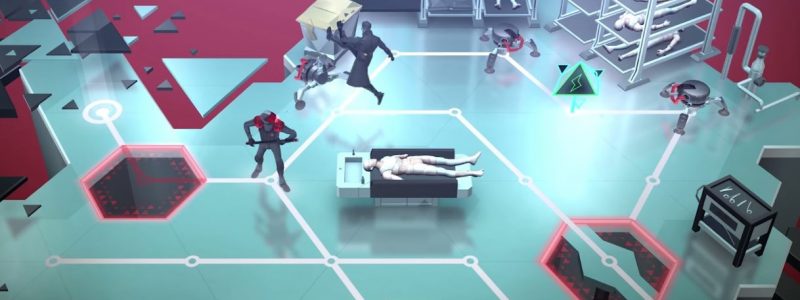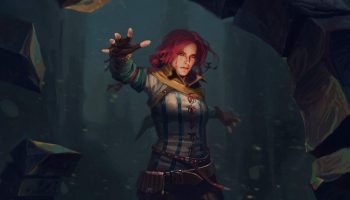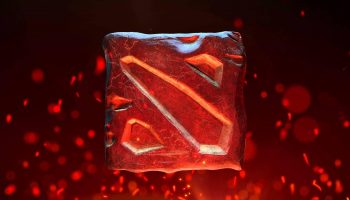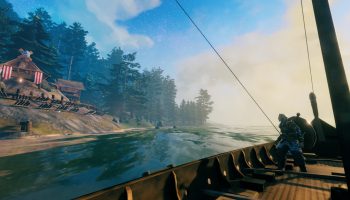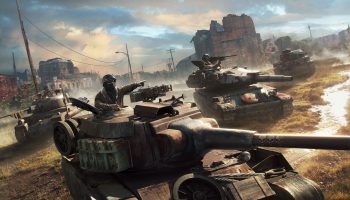EtherOrcs is a 100% onchain game, based around NFTs representing Orcs and other monsters pillaging, farming, and raiding to earn ingame rewards.
In this interview, the Host Methi Gulticken, is joined by , Co-Founder of , to discuss how they built a loyal community, the game economy, the motivation of players, partnerships and its future roadmap.
Read our notes below to learn more.
EtherOrcs
- The idea started in an EtherOrc discord
- Was a free mint, all Orcs had the same rarity
- Could choose to acquire as many Orcs as possible or focus on leveling up your Orcs to compete for equipment.
Building a Core Loyal Community
- Started with a stealth mint to avoid gas wars, but moved to a whitelist based on discord’s activity and people felt good about the recognition of loyalty.
- Engagement wasn’t an issue with the hardcore alpha groups.
- 43% of the 750 original minters still hold their Orcs.
- Community success due to the selection of active community members to whitelist instead of just focusing on twitter influencers, exploiters, etc.
- New players have a 90% retention rate on a 3 month basis in the game.
- Devs were focused on just sharing game design processes in the early stages, which created feedback and a community experience.
- Community grew as they engaged in game theory and various strategies during the gameplay.
Game Economy
- Traditional DeFi based games were pretty linear (Staking, doing tasks for returns, etc)
- Did not want ZUG (in-game utility token) to be like WoW (World of Warcraft) gold, a currency that accrues in value.
- Wanted to gamify rarity which is under leveraged even today and then introduce complexity later.
- Gives players multiple decisions in their gaming process.
- Saw that GameFi was not sustainable in the long-term and the gamified mint was a way to extend the full ecosystem.
- Believes that people are not rational actors and will not necessarily make efficient decisions with in-game resources.
Segmentation of EtherOrc players
- Uses (an assessment tool) to segment players and customized it into 12-16 boxes, eg investors, casual players, hardcore players, etc.
- Segmented players mainly based on activity and passive ownership.
- Average users had around 30+ Orcs, heavy users around 100+ while the light users had around 1 and were usually not playing or just trading.
- As more utilities were introduced, the medium to heavy users group grew.
- However, a lot of heavy users haven’t played but also have not sold their Orcs but the Orcs are still passively producing ZUG.
- This resulted in ZUG being locked up or price volatility as they sold accrued ZUG.
- Resulted in a new mechanic that requires checking in, in order to receive yield.
Motivation For Players
- 2 types of players, those that wanted yields and those that wanted to just have fun.
- Wanted to shift the focus to fun instead of just earning yields.
- Built a game engine that allowed quick and easy production of dungeon monsters with different abilities along with an interoperable crafting system.
- Social aspect and community building is important for engaging players.
- Some players just like collecting.
Partnerships
- The goal is to be at the cutting edge of Web3.
- Mobile games do collaboration and crossover events well.
- Partnership with (An NFT collection) was great, the average player did 20 runs in the dungeons while the top players did around 100 runs.
- Partnership should only be with teams they respect and have aligned goals.
Future Roadmap For EtherOrcs
- Focusing on expanding user base and making the game more accessible.
- Very focused on infrastructure development.
- Will include a resource management land game, PvP along with interaction with a new game.
This content was originally posted on , which is a 100% free no-nonsense daily crypto newsletter by Revelo Intel.
Source: https://www.reddit.com/r/NFTGames/comments/yldf2e/summary_how_can_onchain_games_create_successful/



